‘God and Sex’ by Jon Raymond Pushes New Age Spiritualism to Climax
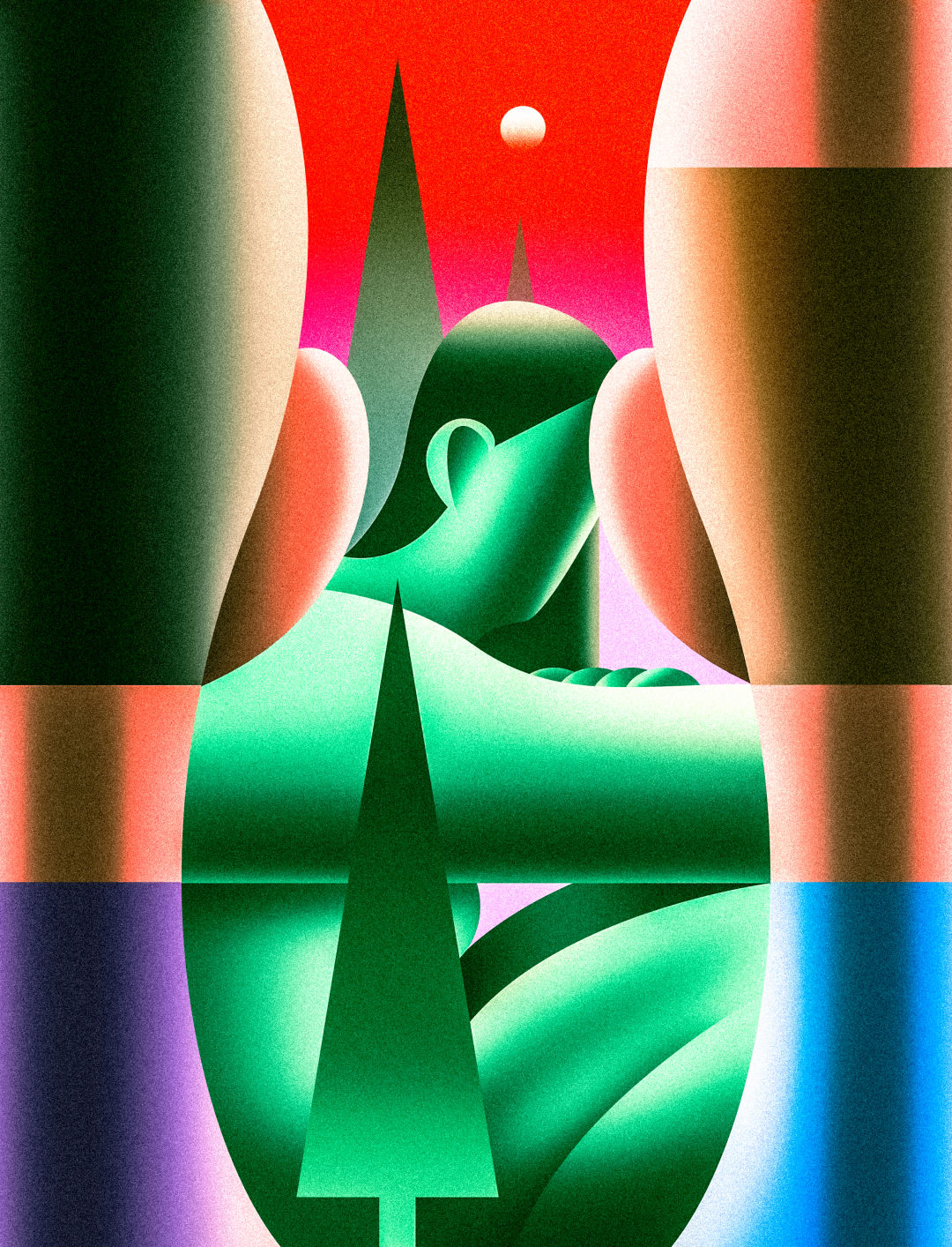
Known for his achingly true-to-life novels and screenplays, Raymond pushes further in this latest book, finding the bounds of realism in faith and lust.
There would have to be a lot more sex, Jon Raymond’s editor told him after reading the first draft of his new novel, if he was going to call it God and Sex. In previous books, short stories, and screenplays, Raymond has depicted life’s banal tragedies—the ones we ignore to make it through the day—with disturbing accuracy. The six movies he’s made with director Kelly Reichardt, spanning Old Joy (2006) to Showing Up (2022), expose holes and open secrets in popular and comfortably held worldviews—about the houselessness crisis, the contradictions of environmental activism, the false romance of the artist’s life, the invented histories of westward expansion. The movies are gorgeously upsetting. Sexy, not so much. And while his solo work tends to include a few more fireworks, Raymond pushes further in this latest book, finding the bounds of realism in faith and lust. In these most extreme, animal moments of humanity, his characters pray that a God they don’t believe in will save them, and toil wondering if He has slighted them for their sexcapades.
“I think that’s a good place to write from, that sense of aporia or unresolvable doubt,” Raymond told me recently. “Something that you have, legitimately, totally bifurcated opinions about, that’s a good place to excavate.”
Raymond kept his title (the book is out August 5). And as if to make a point, those three words sit effectively alone on the novel’s undecorated white cover. Though before anything racy happens, Raymond’s self-effacing narrator hangs this foreboding preface over the horny first act, wondering where he made a wrong turn:
Maybe this was the moment the universe began talking to me, when the veil tore and the signs began coming through. Maybe it was the moment when God or the devil or whatever it was peered into my world and began laying its traps.
That somber, defeated soul is Arthur, a quasi-academic author with “soft palms and squinty eyes” who drinks whiskey in the bath and mines life for “little granules of data” to be repurposed in prose. Spiritualism is his enduring subject, though he’s less for major monotheisms than the “more apocryphal traditions.” He is both tedious and endearing, and fits in well in Ashland, Oregon—“a total navel of New Ageism,” Raymond says.
God and Sex is layered like Russian dolls. It is essentially a memoir of Arthur’s time writing “The Tree Book,” the working title for his latest treatise on points where the spiritual and natural worlds converge; it follows “The Light Book.” Arthur’s studies of various theologies and spiritual traditions have led him to a more or less agnostic belief in some kind of larger system. In practice, it’s more like a sophisticated belief in karma than an articulated mythos. He is a scholar, not a practitioner, and an ideal subject for Raymond’s supercharged experiment in naturalism. What happens when New Age modalities—“a little stickier” in modern times, Raymond says—run up against Old Testament conundrums of mortality and potential instances of divine intervention?
The story picks up when Arthur lands in his empty childhood home after his mother moves to Florida. He putters around Klamath University (the novel’s name for Southern Oregon University) researching his book. In the second act, he wanders the Wy’East Resort (a version of the storied forest wellness cooperative Breitenbush Hot Springs), with its clothing-optional saunas and soaking pools and yurts and healing workshops. It’s all perfect set dressing for this Nalgene sophisticate well-versed in sound baths to run up against an ostensibly anachronistic Almighty.
Arthur becomes fast friends with Phil, a forest ecologist and a professor at the university. Phil is brilliant, generous with his time, ruggedly handsome, Arthur notes, and equally interested in literature and science. They hike and have gorpy intellectual conversations that run on for months, about mason jars, reforestation efforts, soba noodles, and the ympe-tree (“the Eurydice story in Celtic drag”). However, Arthur’s memory of meeting Phil’s wife, Sarah, tells where things are headed:
Her lips were full, the lower lip more so than the top, with a certain ironic smirk kinking the edges. Her skin was dusky olive, and she moved with a tentative, slightly pigeon-toed gait, but there was a certain gracefulness to her movements, too, like a heron’s or a stork’s.
Arthur’s mom gets the title line. “God and sex, she said. Those were the ways people communed with the divine,” Arthur reports. “Or the way the mind broke.” And so, in this love triangle, Raymond’s trademark realism flirts with the supernatural. To avoid spoiling the plot, I’ll say that an awesome magic flickers at the hand of a higher power when circumstances grow mortal, but only in the ambiguous ways that, however real their consequences, leave witness and victim questioning if it’s God’s recourse or simple shit luck.
“I guess I find a lot of contemporary atheism to be sort of bloodless and sort of boring,” Raymond says. “Of course, we’re not unsophisticated people. We understand that a lot of organized religion is, like, coercive and stupid.” But organized religion endures precisely because it offers answers to life’s unanswerable questions.
Raymond borrowed the book’s overarching themes from Graham Greene’s 1951 novel The End of the Affair. A woman named Sarah is the center of a tragic love triangle in both. But Raymond flipped around a few happenings and made the sex a little weirder by way of sandalwood and some musty, Ashland funk. “There’s no line from that book in here,” he says, “but conceptually, there is a huge debt.” Greene’s book is set during and after World War II, including in London during the Blitz. It ended his series of novels questioning his Catholic faith and riffed on many details of his own life, including the time he survived his home being bombed because he was sleeping at his mistress’s. Despite so much ink, Greene never reconciled his faith and his lived experience. “There is something inexplicable in human life,” he told a reporter when he was in his mid-80s, a couple years before his death, in 1991.
Like Arthur, Raymond is a writer and an Oregonian. And while his book is far less autobiographical than Greene’s, Raymond doesn’t shy from saying that troubling Arthur’s beliefs was a way of exploring his own. He dismisses the classic image of a “bearded deity, a kind of genius in the sky unfolding our days.” Yet he can’t help but live in awe at life’s unanswerable questions. Sounding a bit like Greene, and a bit like Arthur, Raymond admits that “something beyond comprehension has happened.” Alas, generation after generation we fuck and pray our way toward answers, usually only to find more questions.
Jon Raymond will be in conversation about God and Sex with fellow Portland novelist Justin Taylor at Powell’s City of Books Thursday, August 14 at 7pm.
Share this content:



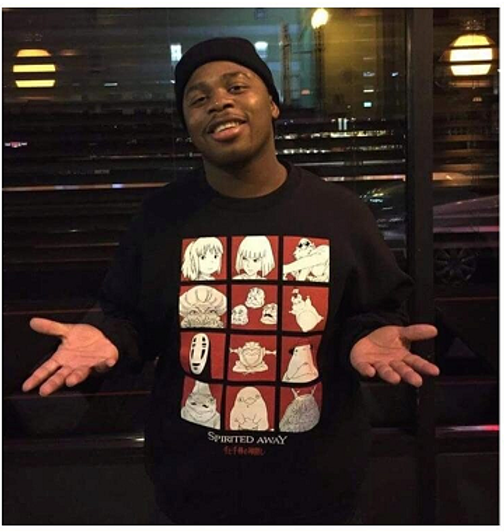
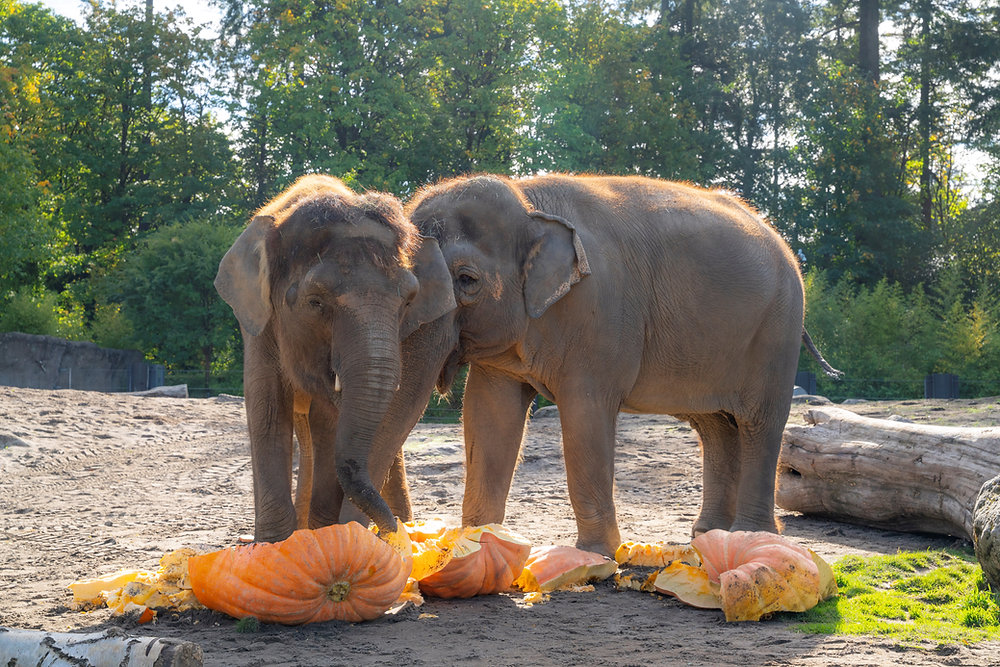

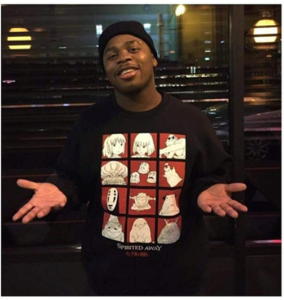
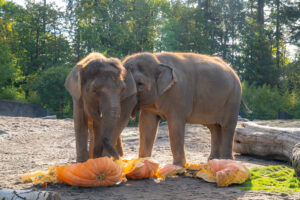

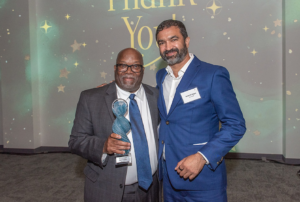



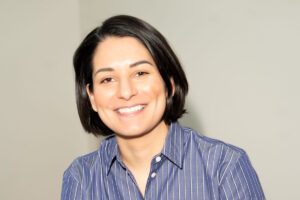

Post Comment